
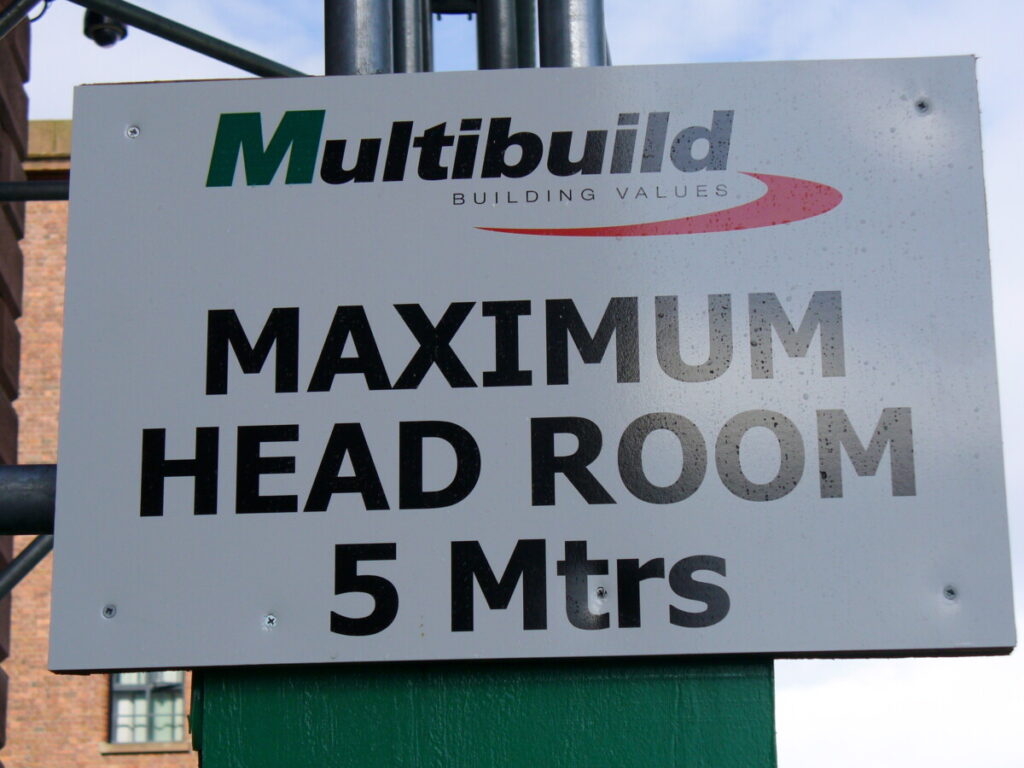
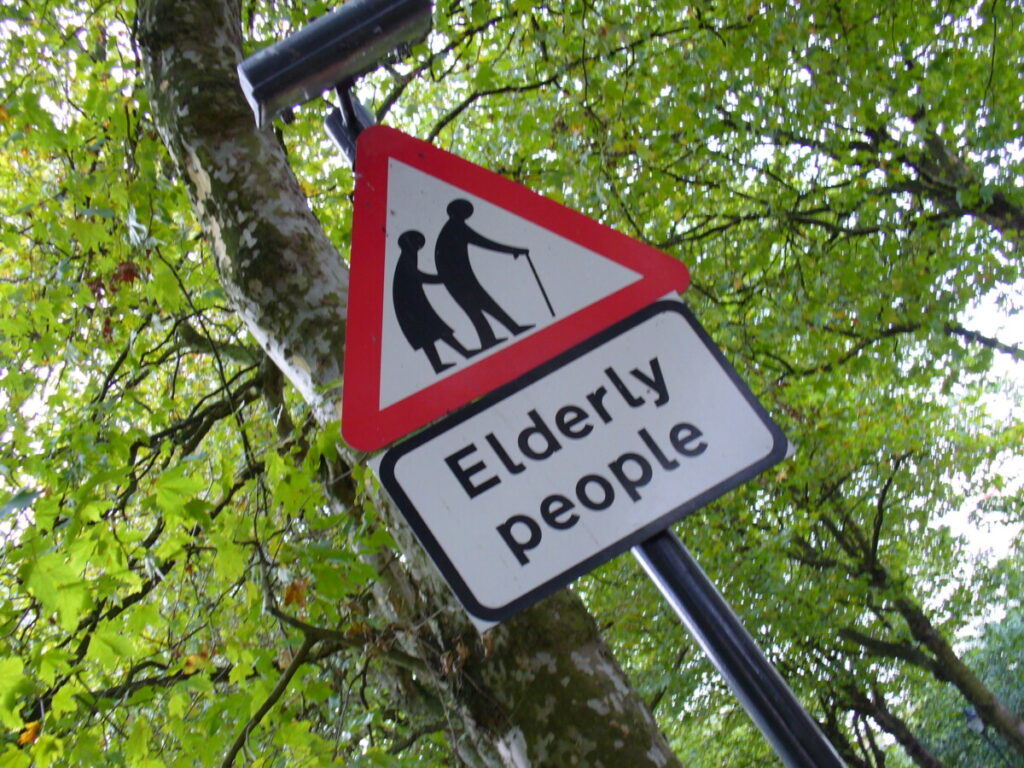
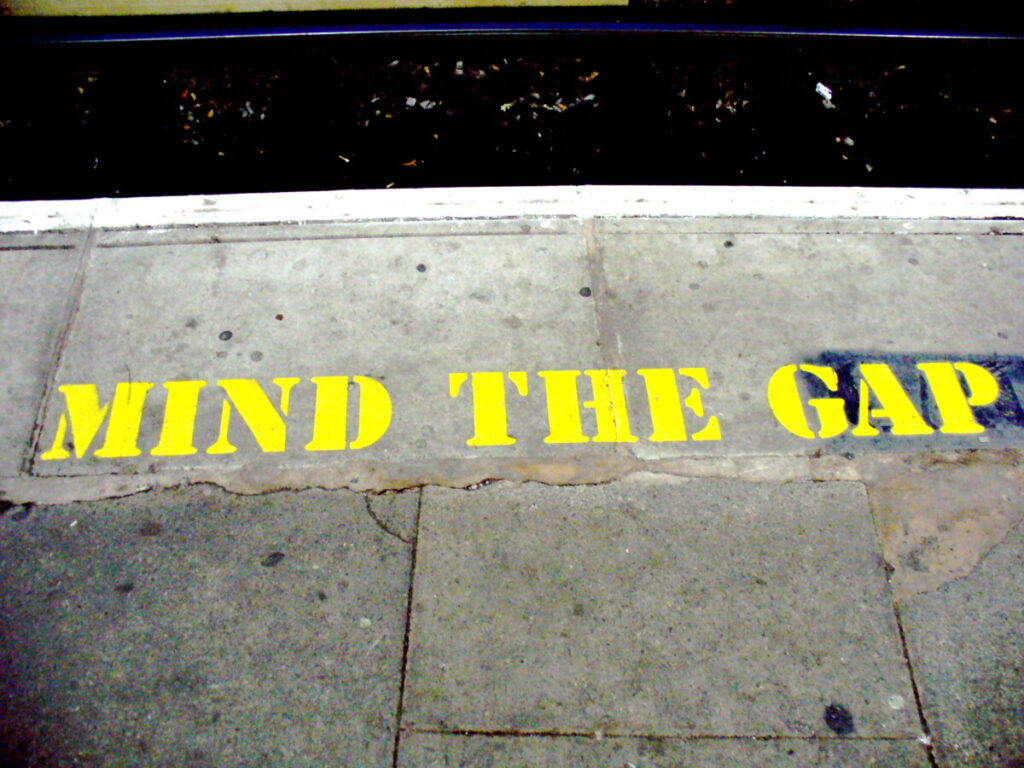
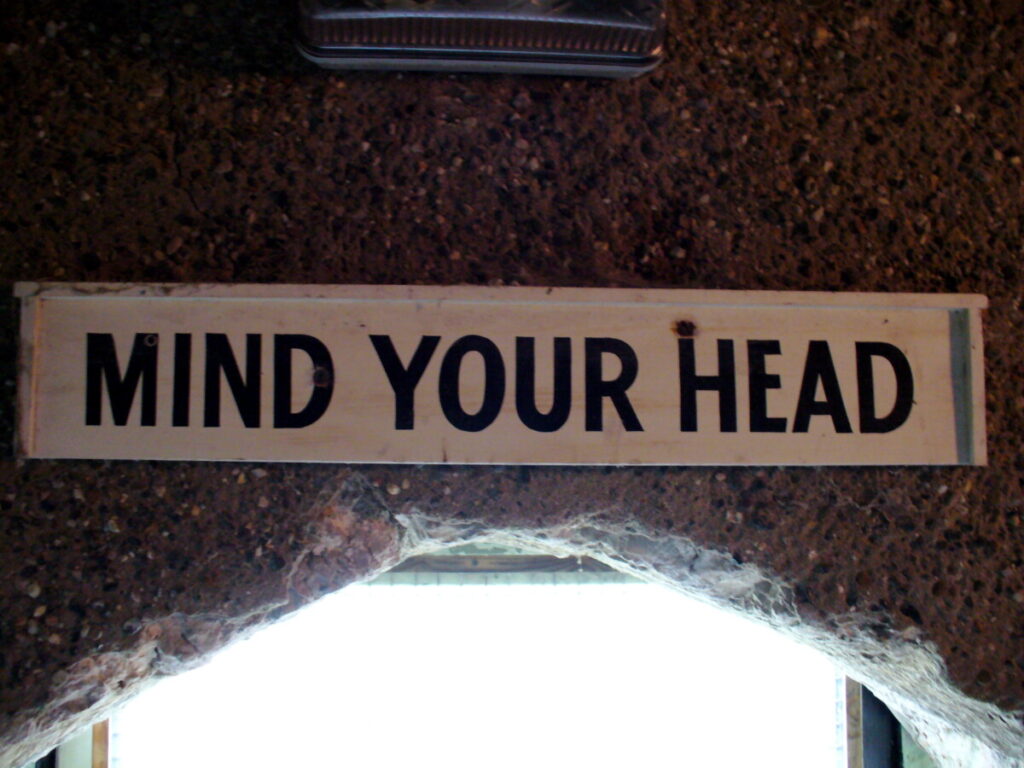


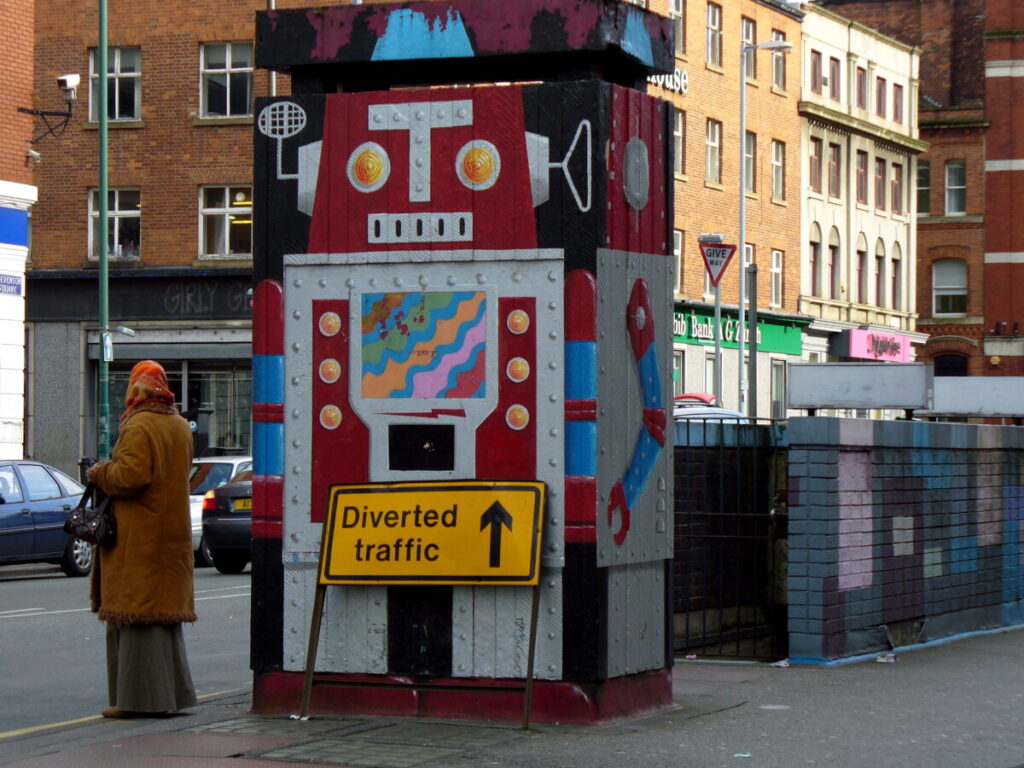
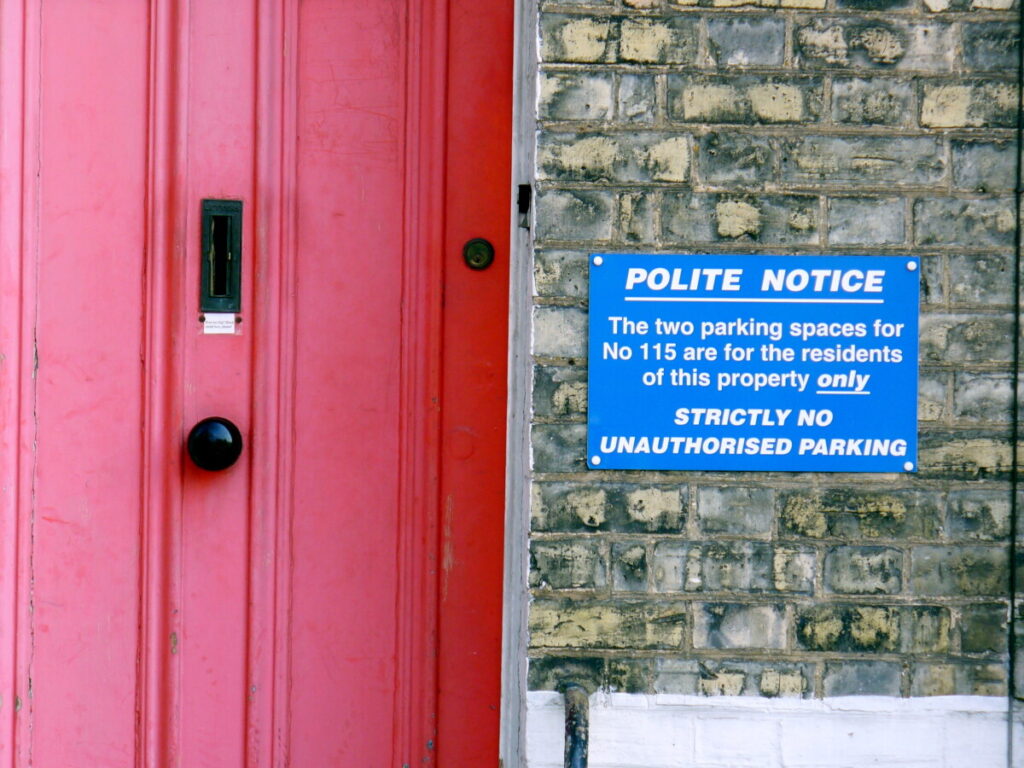
Signage is a type of technical communication. Its purpose is to quickly and succinctly communicate important information to a potentially broad audience. But, in order to achieve brevity, there might be issues around language or culture that confuse some audiences. Let’s talk about some of these British examples of signage above during today’s class.
For this week’s class:
- Weekly Reading Report Exercise
- My Professional Work, Our Sandbox Exercise
- Perform Peer Review on last week’s deliverable
- Discuss this week’s readings (and this Axios report from last week that we didn’t have time to discuss last week)
- Introduce this week’s deliverable: Letter
- Review syllabus about next week’s readings and work.
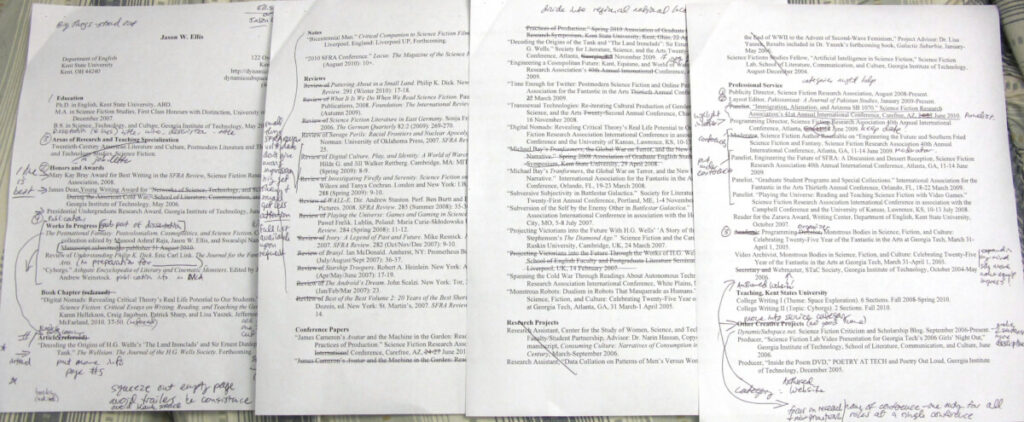
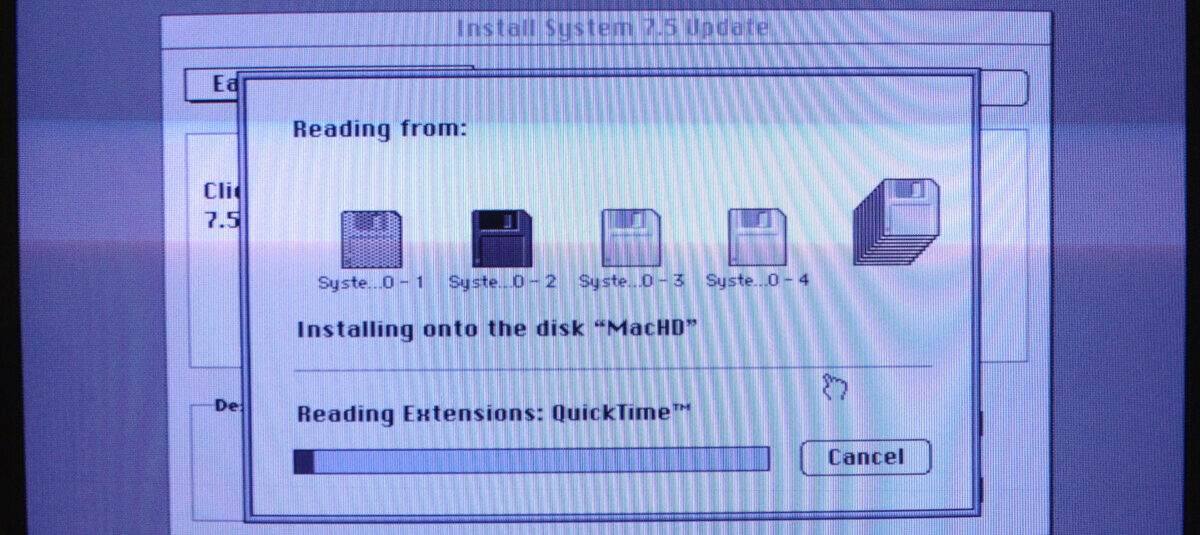



To: Professor Ellis
From: Tiana Beatty
Date: 09.14.22
Subject: Purposes of Letters
I know that the purpose of any letter is to inform someone of information based on the subject at hand. I know that there are multiple variations of letters that can give different variations of information, advice, and instruction. Though I haven’t written a letter in a while, it almost compares to writing an email or a text. Your message or purpose is coming through and it becomes clear enough that hopefully the reader can understand. But as long as the writer is clear and that their point of interest is getting across to the reader, the letter can be long or short depending on the severity and informative the writer wants the letter to be.
Letters more specifically cover letters can come in handy when applying for jobs because those brief and direct letters can give the employers an idea of who the applicant is and what he or she can provide for their company. It highlights the skills, trades, and experiences a person has along with the attached resume he or she provides. I think cover letters are good idea because it’s another form of first impressions before the initial interview in real life. I’ve recently started writing coverleters for jobs and internships that I’ve been applying for and coincendentally the process of getting an email or call back has taken longer. I don’t know if it’s because I don’t meet the qualifications or if my cover letter is giving the employers some further considerations whether or not; I’ll be the right fit for the job. Still, I don’t get the job or internship that I would like to have, but it’s just a thought on what I think an employer is doing when looking at my application.
To: Prof. Ellis
From:Bria Glenn
Subject: Letters
Date: 9/15/22
The art of letter writing is something I am not completely familiar with, although I did get some practice with it in a previous class of mine. We were able to write different forms of letters including a complaint letter to a company, a business letter and writing a cover letter. This is how I first found out about the different forms of letters, before that I assumed you just wrote a letter and signed “sincerely your name” at the end. Writing letters can be much more intimate and important compared to sending a text message or email. It may seem like such an unnecessary form of communication for a lot of people due to the constant advancements made with technology. The Purdue Owl text helped me understand the breakdown of writing a letter, all the way down to the actual indentations you are supposed to make on the paper. After reading ‘The Art of Letter Writing’ I came to understand just how important letter writing was back in time, but also how important it can be today when it is done right.In regard to Kate and Hilary, whose idea was it to publish their letters? I do not believe there is a completely wrong way to write a letter, especially if you are writing about something or to someone you care about. Some letters can be boring as Mark Twain states, specifically with those you have to read such as letters from a bill collector. Not every letter is going to be enjoyable to read, but I will now pay attention to what kind of letter I am reading and how the person executed it. When writing I will do the same. These readings have helped me get a better understanding of the importance of writing a letter properly.
To: Professor Ellis
From: Aaron Nieves
Date: 9/15/2022
Subject: Readings about Letters
We tend to “write letters” weekly to people all the time, especially, for work and school. Going through the weeks assigned readings, they really got me thinking about the way I go about writing letters and the format/structure of them. I’ve always felt that I’ve been decent at writing up emails. Sometimes I do send out very casually worded emails and sometimes I send out emails that sound to “robotic” and not so empathetic.
I agree with the way Purdue University dissects a letter. More specifically, the way they explain the body of the letter. I always try to be concise and straight to the point. When I give someone a clear question or answer, it encourages a clear response back. You can also split apart what your writing in a few small paragraphs. A friendly opening and throwing out what you want in the first paragraph. The second paragraph is your justification. The third paragraph, use examples or background information to further help your justification.
TO: Professor Ellis
FROM: Naila Butt
DATE: 15 September 2022
SUBJECT: The Art of Letter Writing
Dear Professor Ellis,
I was particularly inspired by Catherine Gourley’s article on The art of letter writing. As our technical tools have changed, letter writing is still a valuable way to communicate to one another. Gourley mentions Mark Twain’s idea of “writing like a child,” which stuck with me. Children write in a simple yet natural way, and that kind of writing can be read seamlessly by the addressee. The example of the letters between Kate and Hilary moved me. I loved the personal meaning their letter held and how they shared a world of their own through writing these letters. When reading this part of the article, I could relate it to a recent novel I had just read, Beautiful World, Where Are You. In Sally Rooney’s most recent work, 2 women exchange emails about their struggles to find meaning in a troubled world. They reach multiple topics on an ecological, economic, and ethical level. The art of exchanging thoughts, messages, and ideas through simple yet intricate letters has inspired me, and I hope to find a pen pal soon.
Warmly,
Naila
TO: Prof. Ellis
FROM: Khaled Akam
DATE: September 15, 2022
Subject: Readings about Letters
The words you use are key when writing and should be vivid. It should be directed towards your audience and not be robotic. Who you’re sending it to should reflect how you organize and show your writing. Don’t state the obvious when writing a cover letter and check professional databases. Focus on what you have to offer the employer. Verbs are the essence of a piece and should energize the sentence making it easier to follow. Don’t trail on the topic you are writing about. Its a communication form that uses your professionalism to create a masterpiece. Using the skills of technical and professional writing allows you to target your audience. You will still be going through databases to study and perfect your letter because you want something that’s different from the rest of the writers. You will always be able to utilize writing a letter because no matter what you write you always want to captivate your reader. The simplest way to do that is with the words you write. Writing to target audience is always gonna be useful to you in any field.
TO: Professor Ellis
FROM: Khemraj Persaud
DATE: 9/15/22
SUBJECT: Letter Writing
For this week’s assignment, we were instructed to read four works about writing different types of letters. In the first article, “Writing the Basic Business Letter” from Purdue University, the author breaks down the components of a business letter. I found this one to be particularly useful as it gives a step by step explanation for each part of a business letter. It showed us where each segment goes and how they should be written. It even went as far as to give us the correct margins to use around the boarders of the page. Writing an effective business letter can be crucial in professional success and this article helped establish some more tools that I can use in the future.
The second article that made an impact with me actually left a stronger impression on me that the first. “The Million Dollar Letter: Some Hints on How to Write One” written by Marshall Myers was intriguing. We all know that a well-crafted cover letter can make or break a potential new hire. It is often a major deciding factor on with candidate will get an interview. Myers talks about 13 model cover letters that he compared and found similarities and differences in. The main takeaway for me was that the cover letter is an opportunity to show a potential employer who you really are. It is important to show energy and enthusiasm when writing a cover letter. Using verbs and verbals is a critical part in the writing of a cover letter. Using these is what conveys an eagerness and excitement about working for the company to the hiring manager. It is also important to understand who your audience is and how you should address them, so doing research about the company and working it into your letter is paramount. In doing this, you should the employer that you are willing to go that extra mile, and show them that you are a hard worker without actually saying it.
To: Professor
From: Sandy Fougeres
Date: 09/15/2022
Subject: Letters
Reding “The Art of Letter Writing” by Catherine Gourley gave me insight about how to use words to sound either personal or professional when writing. It was interesting to know that there are different forms of letter writing. Business letters being considered impersonal and informative while social letter writing being personal. I found it interesting that Mark Twain’s favorite letters were classified as interesting and boring as well as that his favorite letters were usually from children such as his niece. I found this weeks readings including the article on Purdue important because it explained how to construct a business letter by including instructions on how to write the date, body, inside address and how to address the person via title or name, and gender. How language to use when writing a business letter so that it is professional and informative whether it is to persuade someone to buy something or to do something. I also found it interesting that there were examples of the personal letter written to Mark Twain by his niece and the personal exchange between Kate Montgomery and Hilary Liftin. I was able to find the humor in the letter written to Mark Twain and visualize the classroom in Kenya that Kate taught in. I was at first surprised that she described the classroom in that way but very pleased to know that the children were excited and maybe a bit nervous starting.